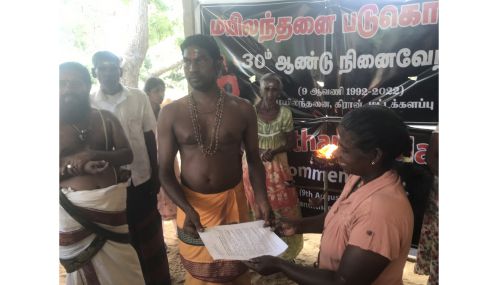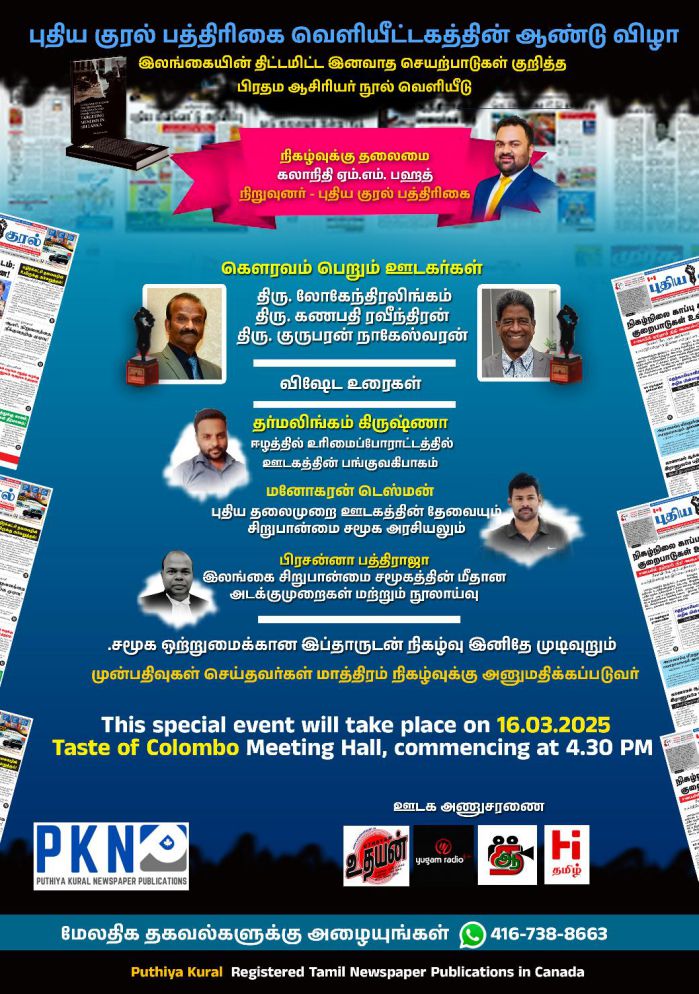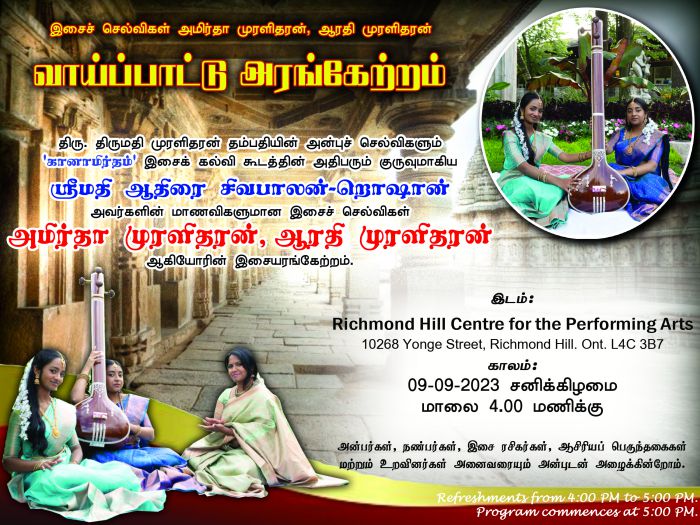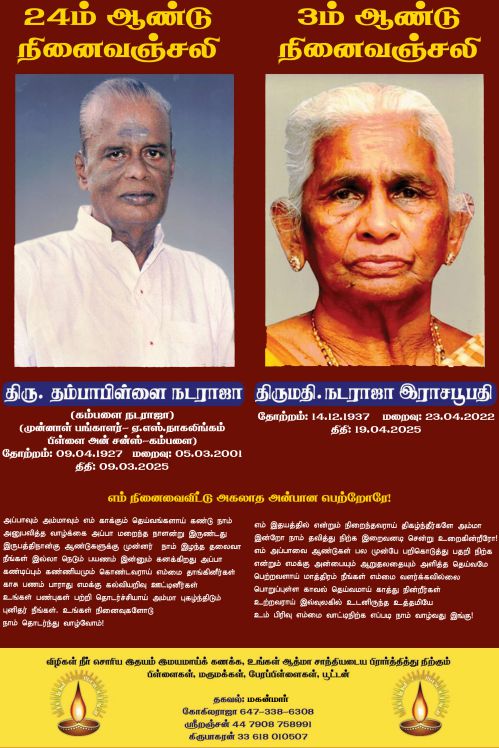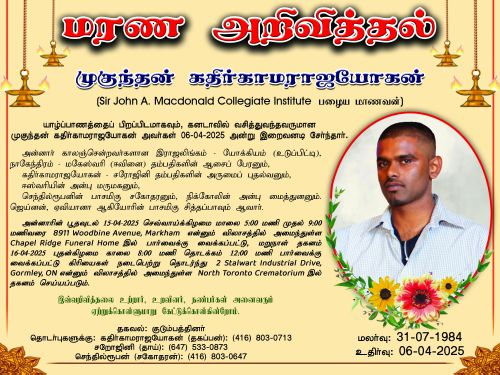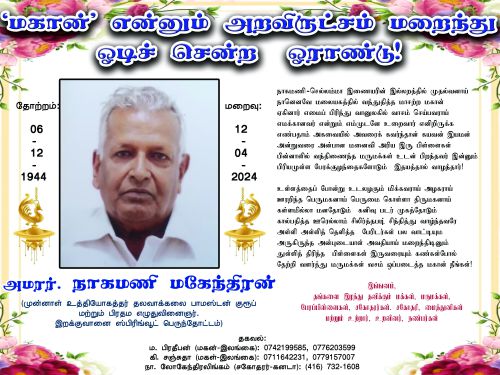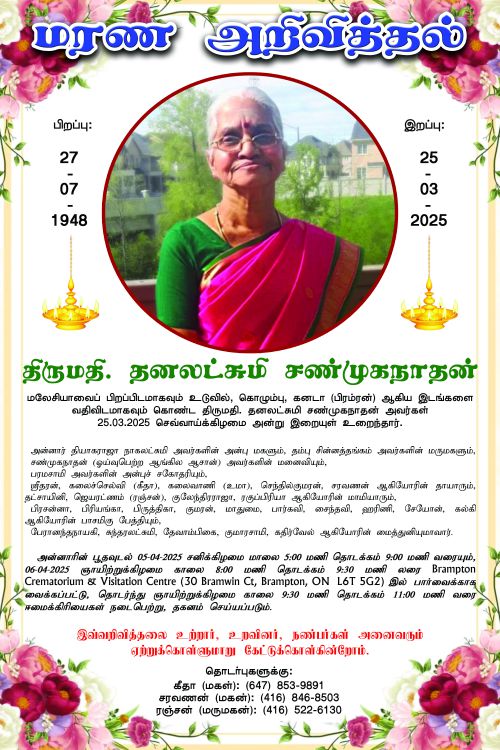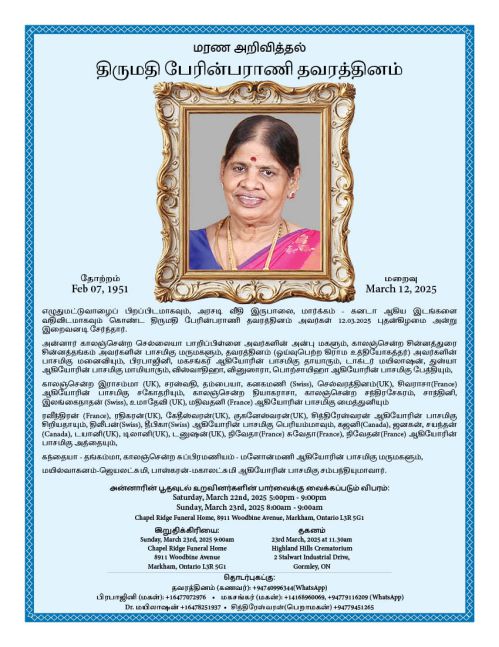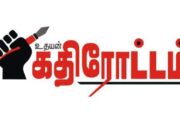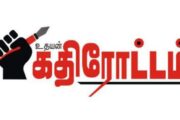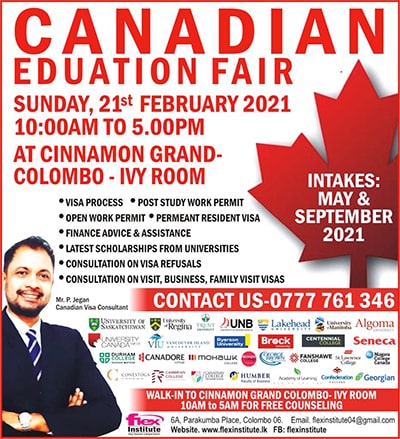By Siva Parameswaran
Justice delayed is Justice denied and that’s more so in the case when the affected are war-affected Tamils. In the case of those affected by the brutal Mylanthanai massacre both happened.
Now poverty-stricken mothers and wives of the Mylanthanai massacre who were denied justice a decade after the massacre are seeking to reopen a skewed trial 30 years after the indiscriminate killings.
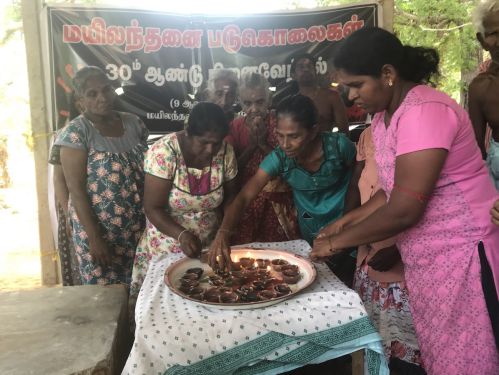
‘Mylanthanai massacre’ case is a classic example of the culture of impunity that has led to the armed forces right from soldiers to General to escape horrendous crimes committed particularly during the war and its aftermath.
Thirty-five Tamils including 14 children were killed on 9th August 1992 at Mylanthanai in the Valachenai area in Sri Lanka’s eastern district of Batticaloa. Even after three decades of the massacre justice still eludes the families who lost their beloved ones. Sri Lanka Army went berserk in what is considered to be a retaliation to the killing of Major General Denzil Kobbekaduwa that happened a day earlier in Jaffna.
Black mark on Judicial system
Families of the victims offered prayers at a local temple and lit a lamp in memory of those killed and made a fervent appeal that the case is reopened, and justice is rendered to them as they kindled the lamps with tears tricking down their eyes falling on the lamps. A memorandum seeking justice for the killing by the soldiers was handed over to the priest for sending it to President Ranil Wickremesinghe, who was once considered a votary of the Tamils. Refusing to accept the verdict of the jury they have sought protection for those seeking justice and want the government to bear the legal cost of the retrial.
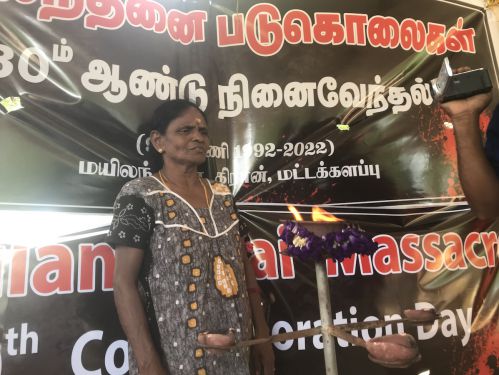
The Mylanthanai trial is considered a black mark on the judicial system in Sri Lanka accused of being manipulated in favour of the Buddhist Sinhala majority.
According to eyewitnesses, those massacred by the Sri Lankan Army (SLA) were innocent Tamils many of whom testified during the trial. 18 SLA personnel were accused in the brutal killing and brought before the jury. Earlier at least 24 soldiers at the Punani Army camp were identified by the survivors suspected to be involved in the killing.
In a travesty of Justice, the jury acquitted the 18 soldiers despite strong evidence being presented in court. The case itself had its twist and turns. Whilst the case was brought before the magistrate court in Batticaloa, the Attorney General (AG) transferred it to the court in Polonnaruwa- a Sinhala majority area rather than the High court in Vavuniya a Tamil majority area. Again, on a flimsy stand of safety for the accused the AG transferred the case again to Colombo. This ill-conceived move made it hard for the witnesses and survivors to appear and testify in court.
While more than 30 eyewitnesses from Batticaloa provided undeniable evidence of the massacre, the jury in their own wisdom returned a ‘not guilty’ verdict for the second time after the presiding judge a Tamil requested the jury to reconsider their earlier verdict of acquitting the soldiers. Adding insult to injury the AG refused permission to the families of the victims to file an appeal. The prosecutor had clearly told the court “Soldiers attacked the village of Mylanthanai after the army’s commanding officer in Jaffna was killed along with seven soldiers in a landmine explosion”.
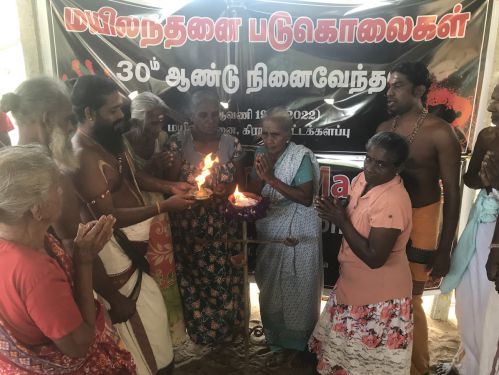
“Travesty of Justice”
Human rights organisations and the victims’ relatives expressed utter dismay and shock over the verdict and denial to appear but could not do anything further. The University Teachers for Human Rights (UTHR) in Jaffna a respected academic body that has documented events and human rights abuses for most of the period during the war expressed deep dismay over the verdict, which said the jury’s verdict was ‘unfair’. In its ‘Special Report No: 16 released 18th March 2003 spoke about the deep divide in the Justice system on ethnical lines.
“There has hardly been any expression of concern over the Jury’s verdict in the Mylanthanai massacre case. This is widely seen as a travesty of justice and affects the confidence of a whole community in the system. The constant message communicated to a minority is that they will never see justice under a ‘Sinhalese government’. The benefits of bringing in the International Community would be nullified if the State and the Sinhalese polity were seen to be incapable of change”.
A now defunct popular periodical of those times ‘North-eastern Herald’ strongly condemned the verdict in their editorial.
“Although the constitution provides room for appealing in such cases the AG refused to appeal the verdict citing convention”
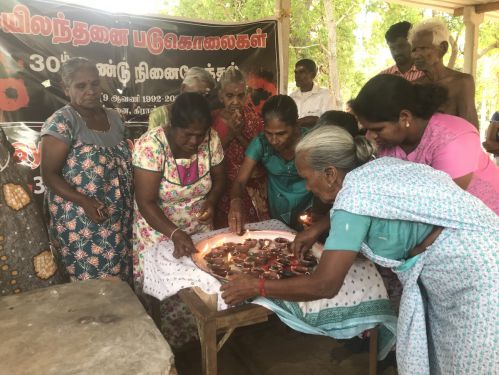
Timeline of the Mylanthanai Massacre:
8 August 1992: The then Jaffna Commander Maj. Gen Denzil Kobbekaduwe killed in a landmine explosion near Arali.
9 August 1992: At least 35 innocent Tamils were massacred by the Sri Lankan Army soldiers from the Punanai Camp in a said to be retaliation for the death of Gen Kobbekaduwe.
2 April 1993: Identification parade of alleged perpetrators at the Batticaloa Magistrate court, Victims identified at least 24 soldiers of committing the massacre
September 1999: Indictment filed in Colombo High Court
26 November 2002: A ‘not guilty’ verdict was delivered by the court absolving all the 18 soldiers who were brought to trial
18 March 2003: Special report by UTHR (Jaffna) calling the verdict ‘unfair’
9 August 2022: Relatives of victims call for retrial seeking justice.


